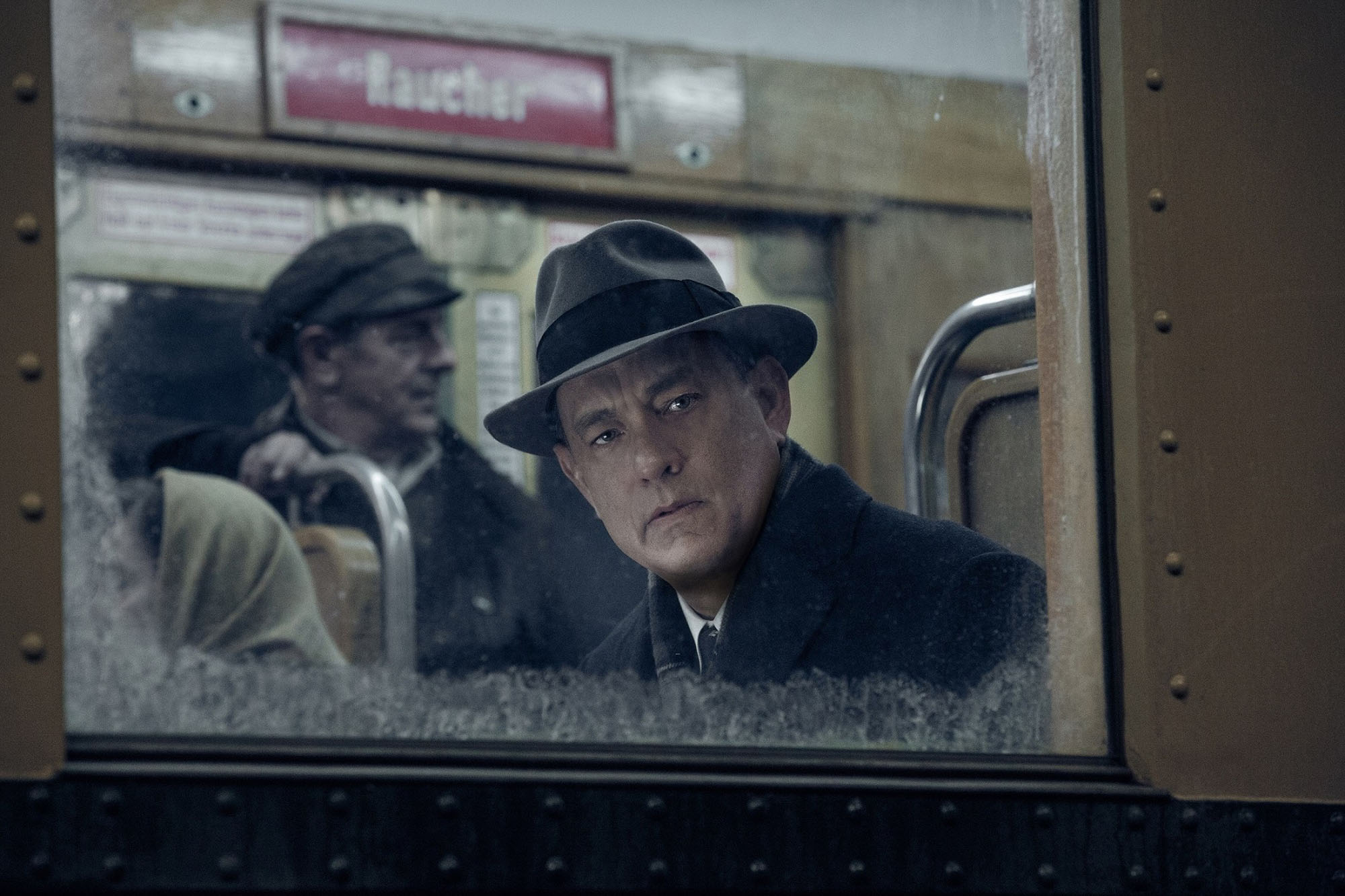Mankind owes much to Steven Spielberg. Without him, many of us would never have known the existence of Oskar Schindler ("Schindler's List"), become aware of the events behind the Munich Olympics in 1972 ("Munich"), seen the U.S. slave trade depicted in a major Hollywood production ("Amistad") or learned about the private life of Abraham Lincoln ("Lincoln"), not to mention get a full-on description of the World War II invasion of Normandy ("Saving Private Ryan"). There's more, but you get the point: Spielberg can spin entertainment out of anything. What could turn into a history lesson in another filmmaker's hands, becomes a box-office mega-sensation and Academy Award winner in the factory of Steven Spielberg. Granted, it doesn't happen every time, but when you think about his lengthy and amazing career, an Olympic slogan of old may come to mind: "Impossible is Nothing."
In Spielberg's latest, "Bridge of Spies," that same slogan would apply to stalwart hero James Donovan — a real-life lawyer who fleetingly came into history's spotlight during the Cold War in the late 1950s. Attempting to explain the period while keeping viewers entertained and on the edge of their seats seems like a daunting task, but leave it to Spielberg. Working from a screenplay co-written by none other than the Coen brothers, "Bridge of Spies" takes on the layered complexities and labyrinthine protocol surrounding the Cold War by zeroing in on Donovan: a God-fearing American lawyer with an unshakable belief in playing fair. He bears the weight of the entire movie on his square shoulders.
Donovan is played by Tom Hanks and in "Bridge of Spies" he's a blend of NASA astronaut Jim Lovell from "Apollo 13" and Dr. Robert Langdon in "The Da Vinci Code." Who other than Hanks could play a morally upright family man and epitome of democratic decency, but who also harbors the seeds of political cynicism? Perhaps Donovan isn't far from admitting that his beloved America could be the arbiter of global warfare culminating in a nuclear catastrophe. Certainly the flow of the story suggests just that. Donovan always examines every option before making the righteous choice (or trying to), even under the most difficult of circumstances.



